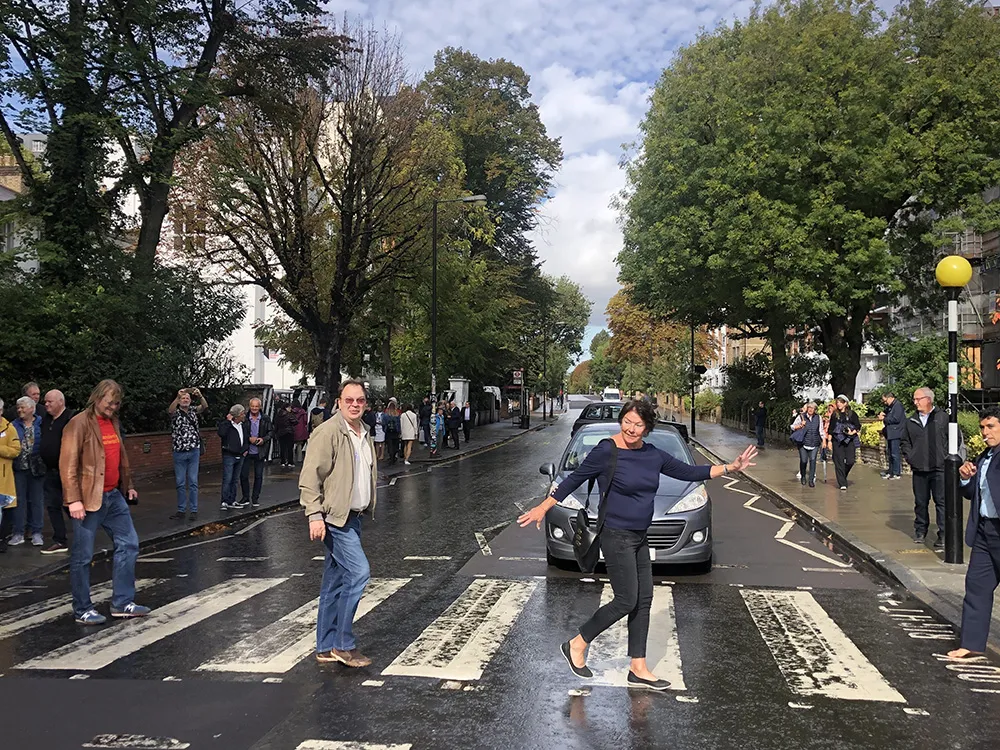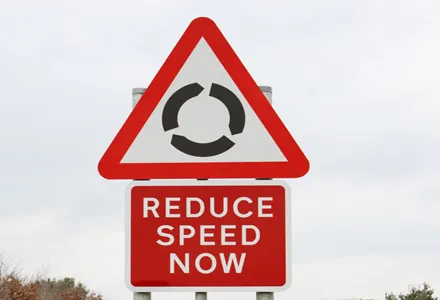According to a Belgian police report, speed cameras cannot read licence plates correctly in the dark unless they are near to street lights. The report follows tests carried out between 10 and 21 January 2010 on the two most commonly used speed cameras in Belgium. The report also found that speed cameras are able to read yellow licence plates with black lettering more easily than other types of plates, such as the white plate with white background and red letters chosen by Belgium.
May 14, 2012
Read time: 1 min
According to a Belgian police report, speed cameras cannot read licence plates correctly in the dark unless they are near to street lights. The report follows tests carried out between 10 and 21 January 2010 on the two most commonly used speed cameras in Belgium. The report also found that speed cameras are able to read yellow licence plates with black lettering more easily than other types of plates, such as the white plate with white background and red letters chosen by Belgium.







